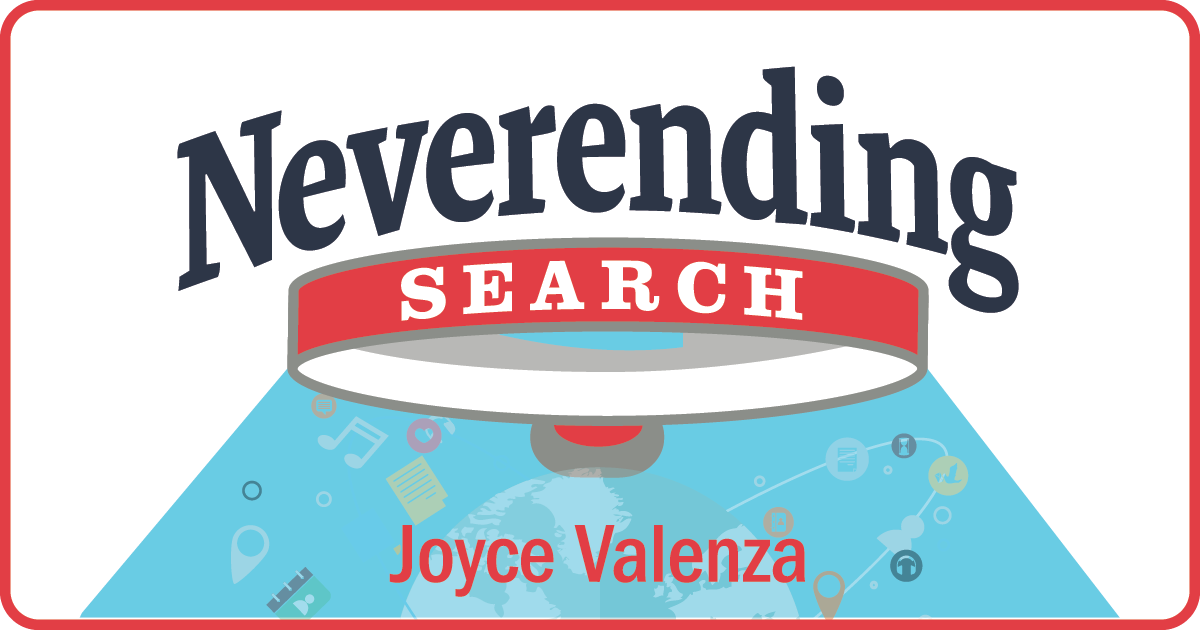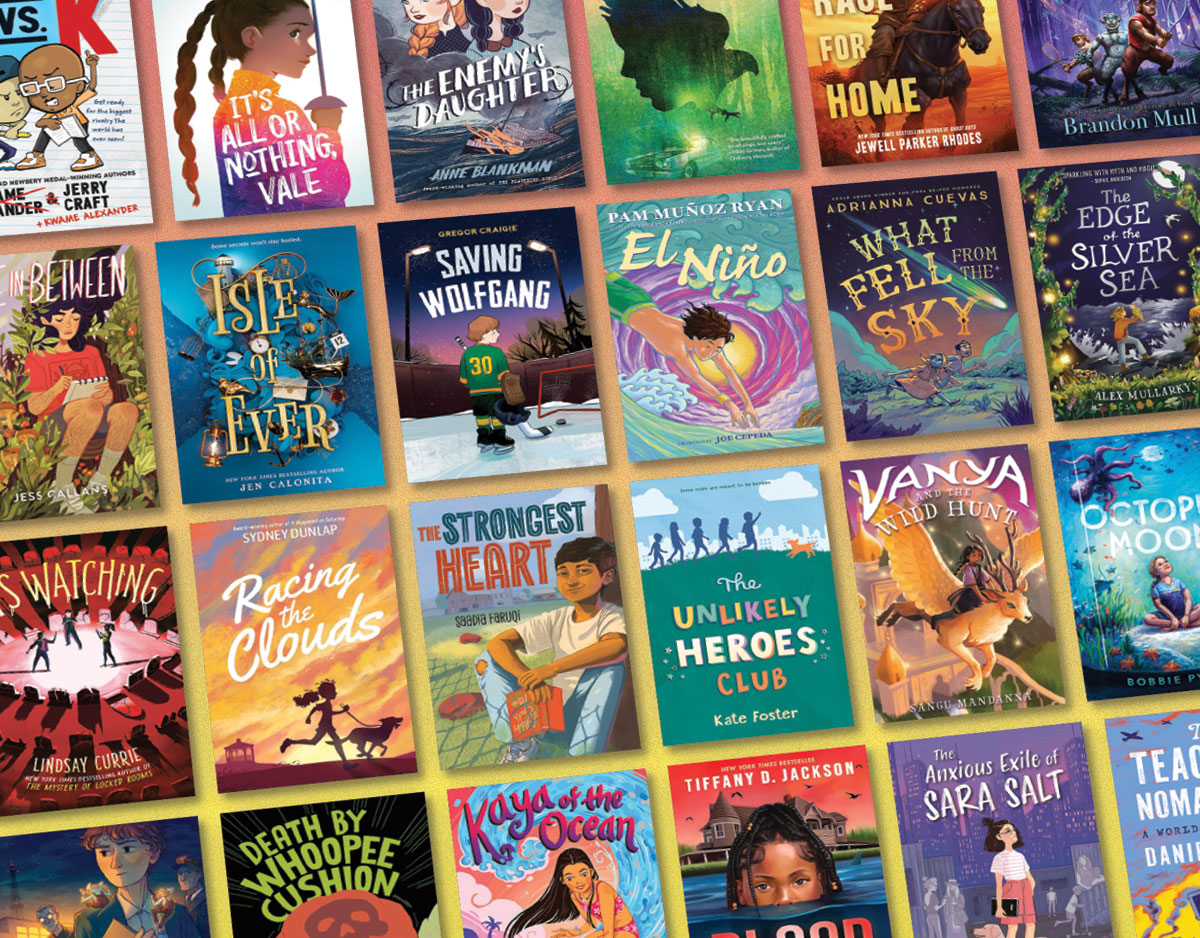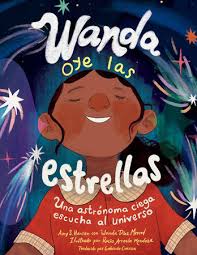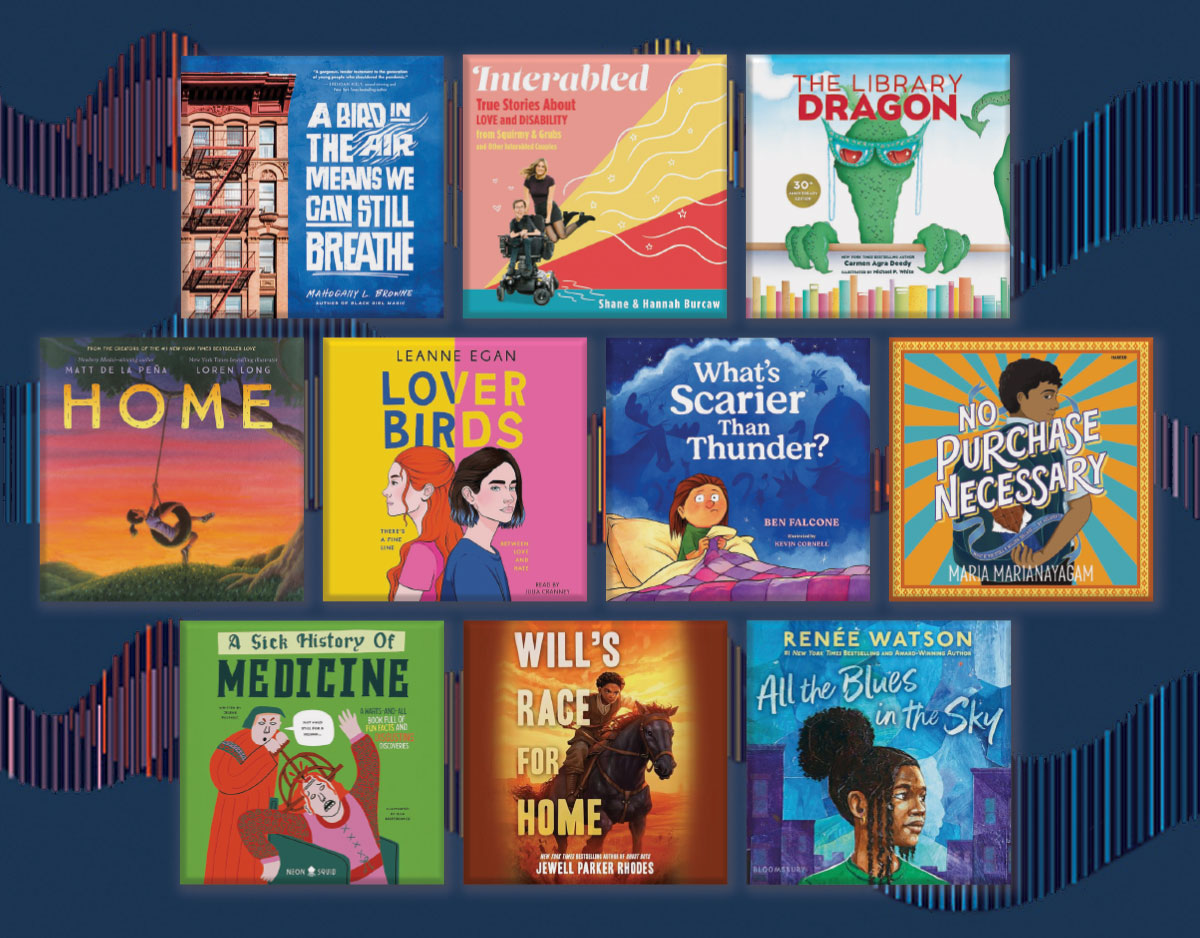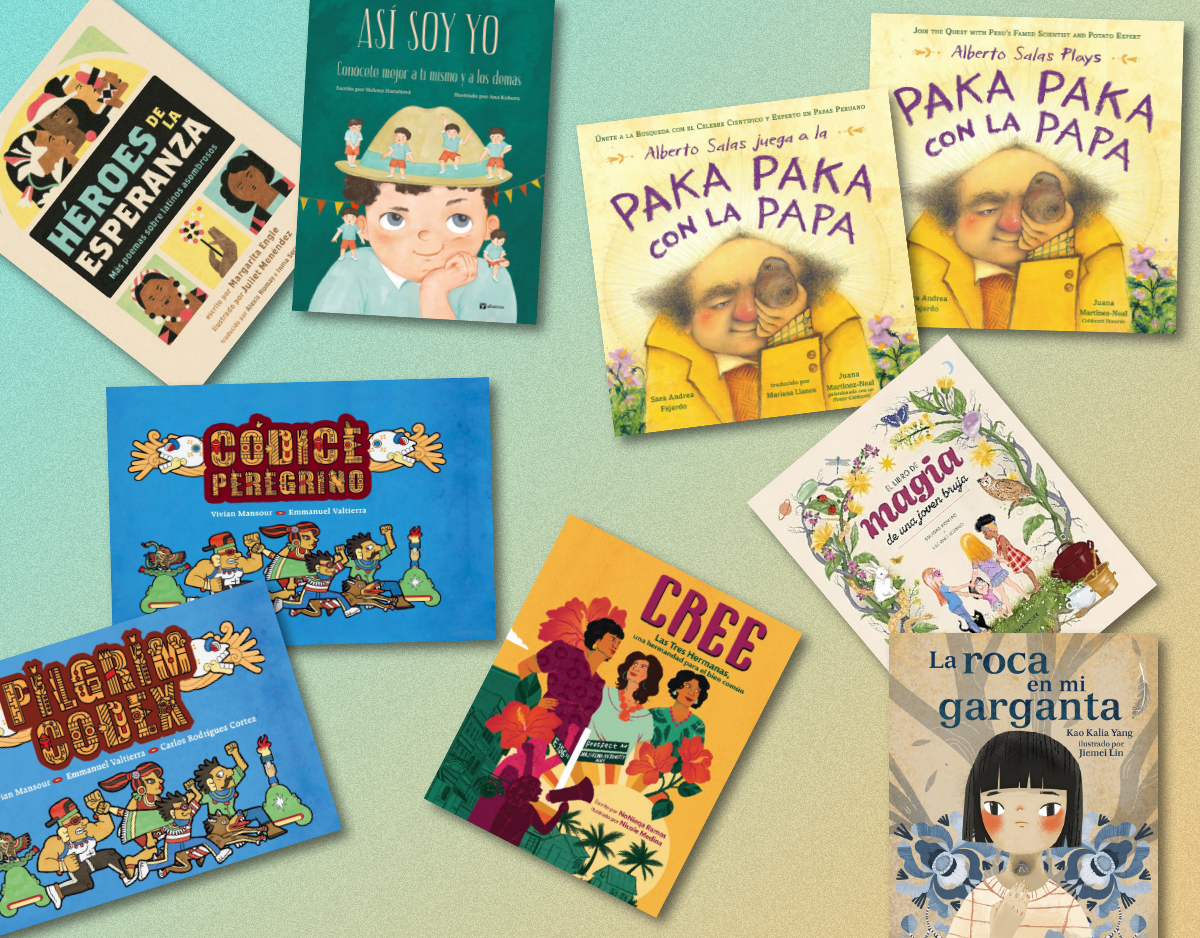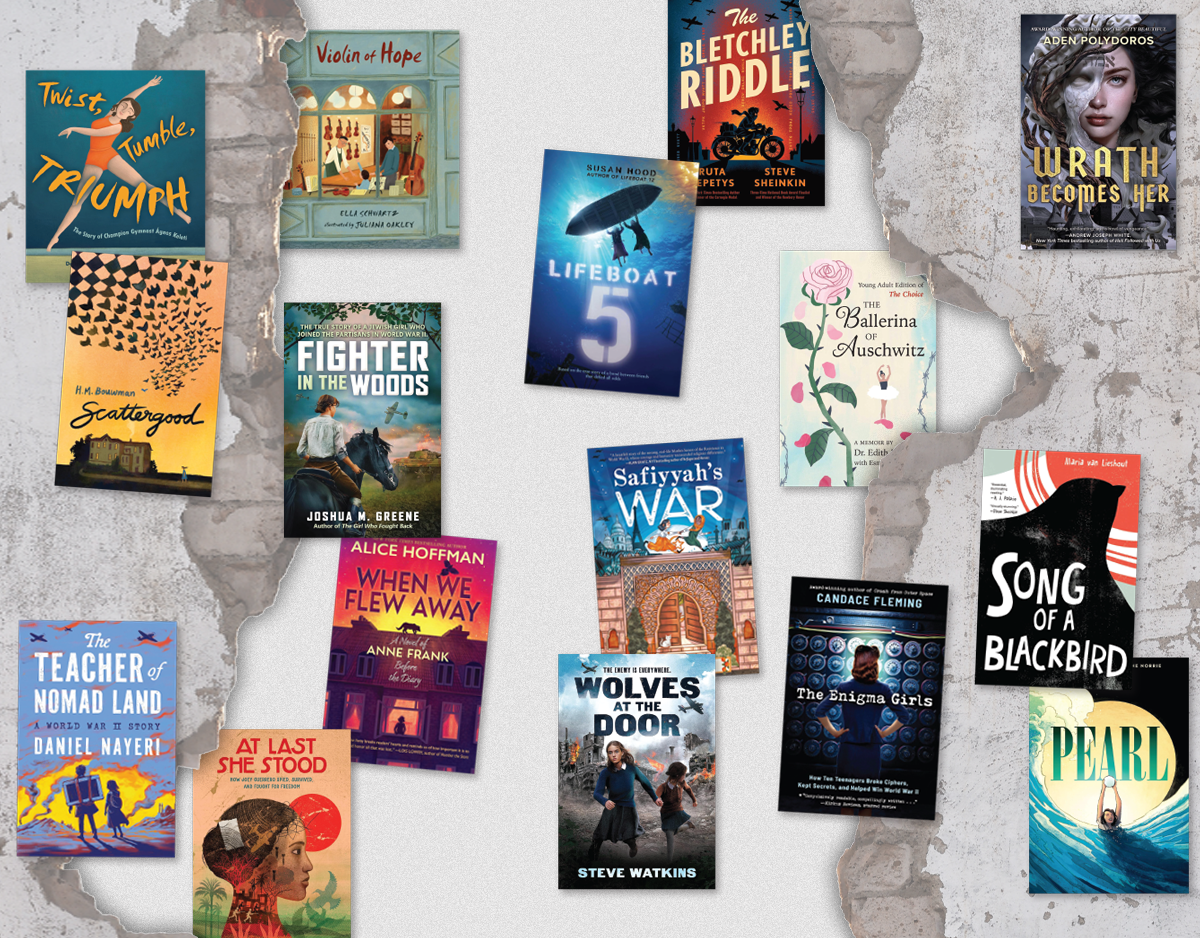SCROLL DOWN TO READ THE POST
New code of practice for Academic and Research Libraries
The Association of Research Libraries (ARL) recently released its own Code of Best Practice in Fair Use for Academic and Research Libraries. Supported by a grant from The Andrew W. Mellon Foundation, the code:
enhances the ability of librarians to rely on fair use by documenting the considered views of the library community about best practices in fair use, drawn from the actual practices and experience of the library community itself.
The Code was developed after a series of in-depth interviews with 65 librarians at academic and research institutions. It identifies the relevance of fair use in eight recurrent situations:
- Supporting teaching and learning with access to library materials via digital technologies
- Using selections from collection materials to publicize a library’s activities, or to create physical and virtual exhibitions
- Digitizing to preserve at-risk items
- Creating digital collections of archival and special collections materials
- Reproducing material for use by disabled students, faculty, staff, and other appropriate users
- Maintaining the integrity of works deposited in institutional repositories
- Creating databases to facilitate non-consumptive research uses (including search)
- Collecting material posted on the web and making it available
Most of these issues have relevance for the school library community as well.
This new code joins several others as part of a project of the School of Communication at American University Center for Social Media in Washington, DC, successfully serving to clarify how professionals might apply fair use to improve their practice using the tools of our time.
ADVERTISEMENT
ADVERTISEMENT
Existing codes include:
- Code of Best Practices in Fair Use for Media Literacy Education
- Code of Best Practices in Fair Use for Online Video
- Code of Best Practices in Fair Use for OpenCourseWare
- Documentary Filmmakers’ Statement of Best Practices in Fair Use
- Code of Best Practices in Fair Use for Scholarly Research in Communication
- Code of Best Practices in Fair Use for Poetry
- Society for Cinema and Media Studies’ Statement of Fair Use Best Practices for Media Studies Publishing
- Society for Cinema and Media Studies’ Statement of Best Practices in Fair Use in Teaching for Film and Media Educators
- Best Practices in Fair Use of Dance-related Materials
Patricia Aufderheide, University Professor in the School of Communication at American University and Director of the Center for Social Media notes
Librarians can now join other communities of practice that have designed such codes. They have been able to reduce market friction and meet mission with the confidence that they are acting within the best practices of their peers.
Download the code and follow #librarianscode on Twitter for further information.
And see my older posts relating to the release of the Code of Best Practices in Fair Use for Media Literacy Education:
- Code of Best Practices in Fair Use: The Webinar
- Fair Use Code of Practice coming very soon!
- New Fair Use Code of Practice: A Call to Action
Filed under: copyright, fair use, information ethics
About Joyce Valenza
Joyce is an Assistant Professor of Teaching at Rutgers University School of Information and Communication, a technology writer, speaker, blogger and learner. Follow her on Twitter: @joycevalenza
ADVERTISEMENT
SLJ Blog Network
Name That LEGO Book Cover! (#65)
Review of the Day: This is Orange by Rachel Poliquin, ill. Julie Morstad
Betty & Veronica: Summer Fun in the Sun | Preview
Heavy Medal Suggestions: 73 Titles and Counting
Like This, Try That: K-Pop Demon Hunters
The Classroom Bookshelf is Moving
ADVERTISEMENT
ADVERTISEMENT

